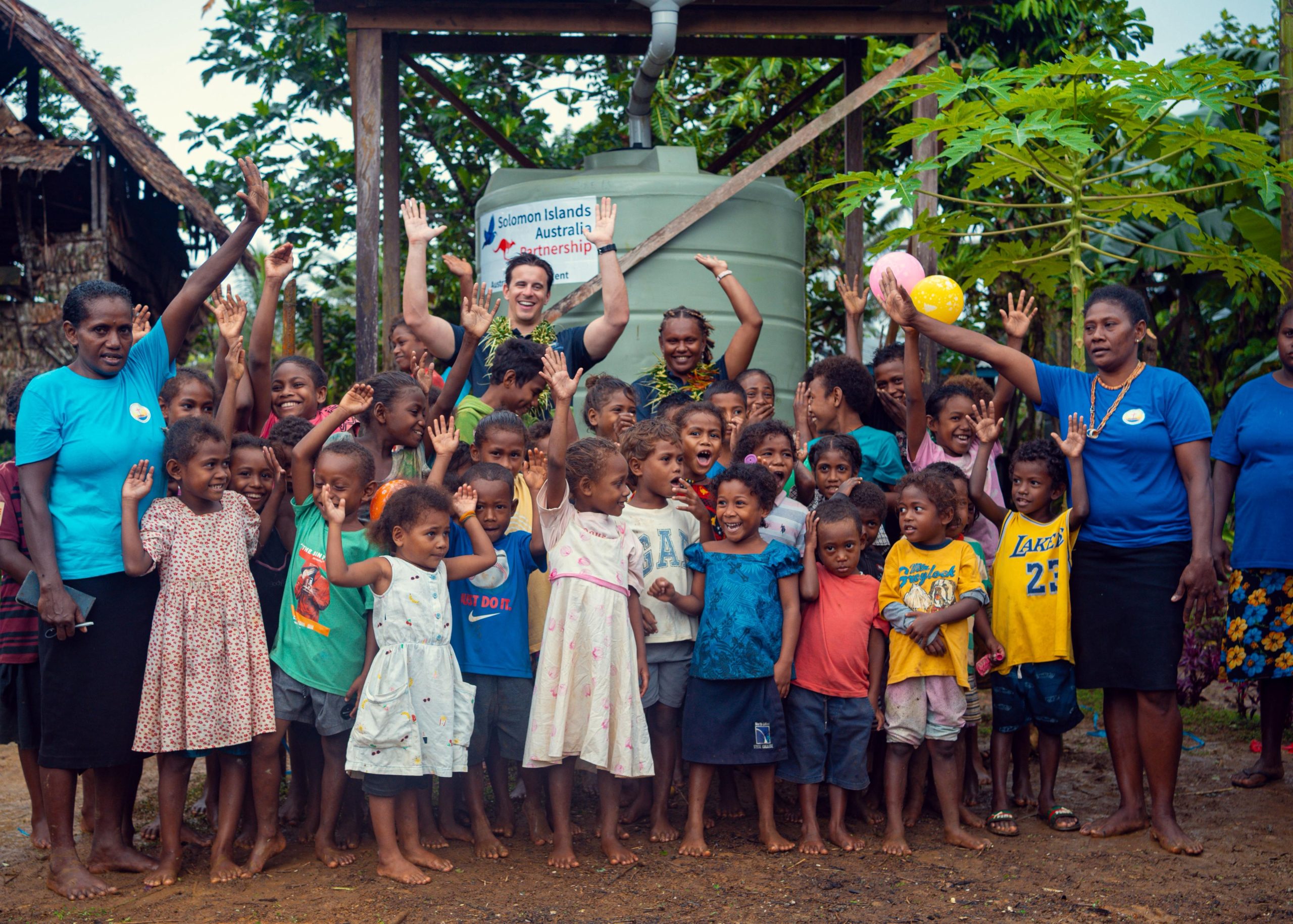BY CHRIS ALEX
Three tribal groups – Siporae, Sirebe, and Padezaka in Choiseul province have officially entered the verification phase of their forest carbon initiatives.
This marks a major step toward in securing certified carbon credits under the internationally recognised Plan Vivo Standard.
A spokesperson for the Babatana Conservation Project said this is a proud moment for their communities.
“The verification brings us closer to unlocking new, sustainable sources of income while preserving our forests and traditions,” he said.
The milestone follows a successful first-stage carbon audit verification, conducted via Zoom with MUTU International, a certified third-party verification body based in Indonesia.
This critical process is part of the Babatana Conservation Project, which supports community-led efforts to align traditional forest stewardship with global climate action goals.
The audit is a prerequisite for earning carbon credits that can be sold on international markets, providing potential financial benefits to the Siporae, Sirebe and Padezaka tribes while encouraging long-term environmental protection.
Once fully verified and certified under the Plan Vivo Standard, the tribal groups will be among the few Indigenous associations in the region with access to global carbon financing.
The Babatana Conservation Project emphasizes scientific integrity and ethical practice in forest conservation, ensuring that indigenous knowledge systems and environmental values play a central role in combating climate change.
If successful, the initiative could serve as a blueprint for other indigenous communities seeking to engage in nature-based solutions to climate change while maintaining control over their ancestral lands.
For feedback, contact:[email protected]





